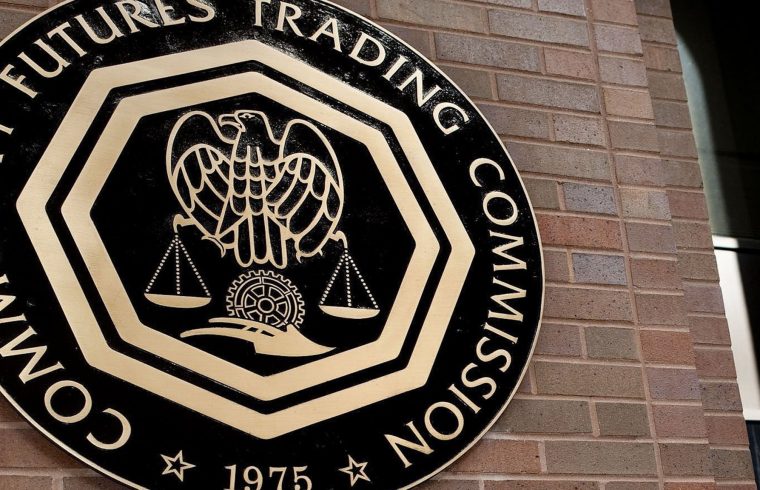“In the current case, the fraudsters used a shared native language to gain the trust of their victims. Further, the fraudsters assured their customers that their investments would receive the protections available through registered trading activity. The CFTC must take decisive action in cases where fraudsters target vulnerable investors by turning pillars of strength, such as shared identity or robust regulatory protections, into ammunition.”
A court in the Southern District of Florida has issued a consent order against Joseph Carvajales, a Florida resident, mandating comprehensive penalties for fraudulent activities related to commodity trading.
Carvajales is required to pay $2.4 million in restitution to victims and a $1 million civil penalty. Additionally, he faces permanent bans on trading and registration and is prohibited from violating the Commodity Exchange Act and CFTC regulations in the future.
WTG scammed Latino community out of $19 million
Joseph Carvajales, a resident of Florida and an employee of The W Group (WTG), was involved in a fraudulent scheme that deceived customers into investing in commodity futures, forex, and options, falsely promising high returns through the use of a trading algorithm.
The scheme operated from June 2013 through June 2020. Carvajales and his associates made several false claims to attract investors, including the existence of individual trading accounts, deposits of customer funds into these accounts, and the successful trading of these funds, none of which were true.
A related default order against WTG and Larry Ramos Mendoza, another defendant, resulted in restitution and penalties totaling over $29 million for misappropriating funds from at least 220 customers.
Defendants solicited customers by making numerous false and misleading statements concerning their alleged trading successes and methods. In particular, they falsely represented that they were successful traders and promised customers would see profits of up to 4% by a commodity trading algorithm Ramos had developed.
They also falsely told investors that WTG operated on major exchanges and that any trading done in the U.S. was supported by SIPC. In reality, while WTG did open a trading account in its own name, it never traded the account, and WTG never opened a single trading account for its customers. Defendants created fraudulent account statements to cover up their fraud and made Ponzi-style payments to certain investors to perpetuate the scheme.
Fraudsters using shared identity as a weapon
The CFTC noted that while restitution is ordered, recovery of lost funds may not always be possible if the wrongdoers lack sufficient assets.
CFTC Commissioner Kristin N. Johnson highlighted the importance of protecting vulnerable investors, especially those targeted through affinity-based schemes. The case against Carvajales and his co-defendants, which involved soliciting over $19 million from mainly Spanish-speaking individuals under false pretenses, underscores the CFTC’s commitment to combating fraud that exploits community trust.
“In the current case, the fraudsters used a shared native language to gain the trust of their victims. Further, the fraudsters assured their customers that their investments would receive the protections available through registered trading activity. The CFTC must take decisive action in cases where fraudsters target vulnerable investors by turning pillars of strength, such as shared identity or robust regulatory protections, into ammunition.”












